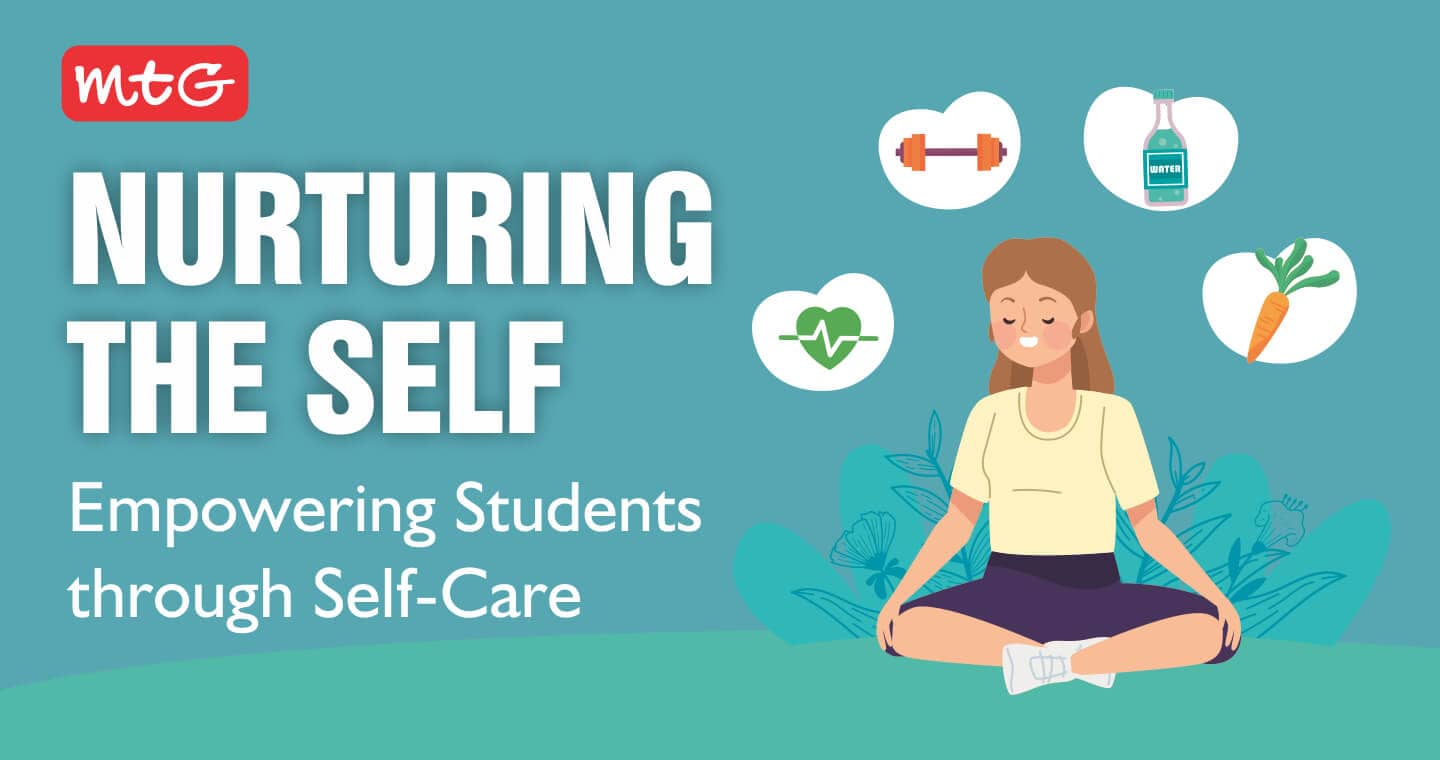
In today’s fast-paced world, students face an array of challenges that can take a toll on their mental and physical well-being. It is crucial to recognize the importance of self-care as a foundational pillar of wellness, enabling students to navigate through the demanding academic years with resilience and vitality. This article explores the significance of self-care for students, encouraging them to prioritize their own well-being and embrace a holistic approach to personal growth.
Latest – Master Time Management: Key Techniques for Students to Thrive in Exam Preparation
1. Understanding self-care
Self-care encompasses a range of practices that promote mental, emotional, and physical well-being. While it involves various activities depending on individual preferences, the essence lies in making intentional choices that nourish the self. These choices may include setting boundaries, prioritizing rest and relaxation, engaging in hobbies, nurturing relationships, and adopting healthy lifestyle habits.

2. Mental well-being
The stress of academic responsibilities can often overwhelm students, affecting their mental health. Self-care plays a vital role in managing stress, anxiety, and depression by providing an outlet for emotional expression and offering effective coping mechanisms. Engaging in activities such as journaling, practicing mindfulness, or seeking support from friends or professionals can greatly contribute to maintaining a positive mindset and enhancing mental resilience.

3. Physical well-being
Physical well-being is closely linked to academic success and overall quality of life. Self-care practices such as regular exercise, adequate sleep, and a balanced diet contribute to optimal physical health. By committing to these habits, students boost their energy levels and enhance concentration, focus, and overall cognitive abilities, leading to improved academic performance.

Explore further – Top 10 Benefits of Meditation for Students in School
4. Balancing responsibilities
With the mounting pressures of academic expectations, students often neglect their personal lives and passions. Incorporating self-care into daily routines helps strike a balance between academic responsibilities and personal interests. Engaging in activities that bring joy and fulfilment, whether it’s pursuing a hobby, spending time with loved ones, or simply taking time off for relaxation, fosters a sense of self-worth and nurtures personal growth.

Also, Check – Top 5 Scientifically Proven Study Techniques to Enhance Your Academic Performance
5. Building resilience and self-compassion
Through self-care, students cultivate resilience, which enables them to bounce back from setbacks and navigate challenges effectively. By developing self-compassion, students can accept their imperfections, celebrate their achievements, and treat themselves with kindness and understanding. It is essential to remind students that self-care is not selfish; instead, it is a pathway to becoming the best version of themselves.

Find out more – How to Enhance Your Learning & Cognitive Skills with Bloom’s Taxonomy
Encouraging students to prioritize self-care is crucial for nurturing their mental and physical well-being. By integrating moments of self-care into their busy lives, students can build resilience, develop self-compassion, and maintain a healthy balance between their academic and personal lives. Self-care helps students to tap into their full potential, empowering them to face challenges with vigour and enhancing their overall quality of life. Let us embark on this journey of self-care and pave the way for a brighter and more fulfilled student experience.




































